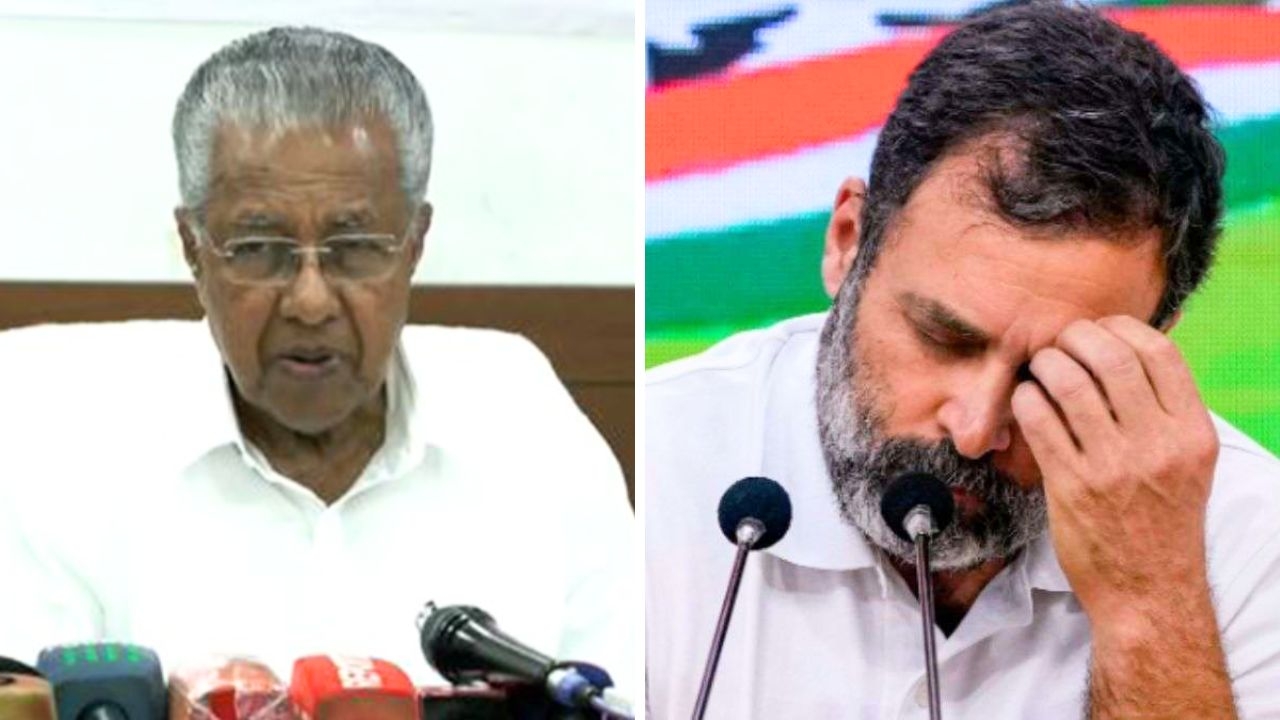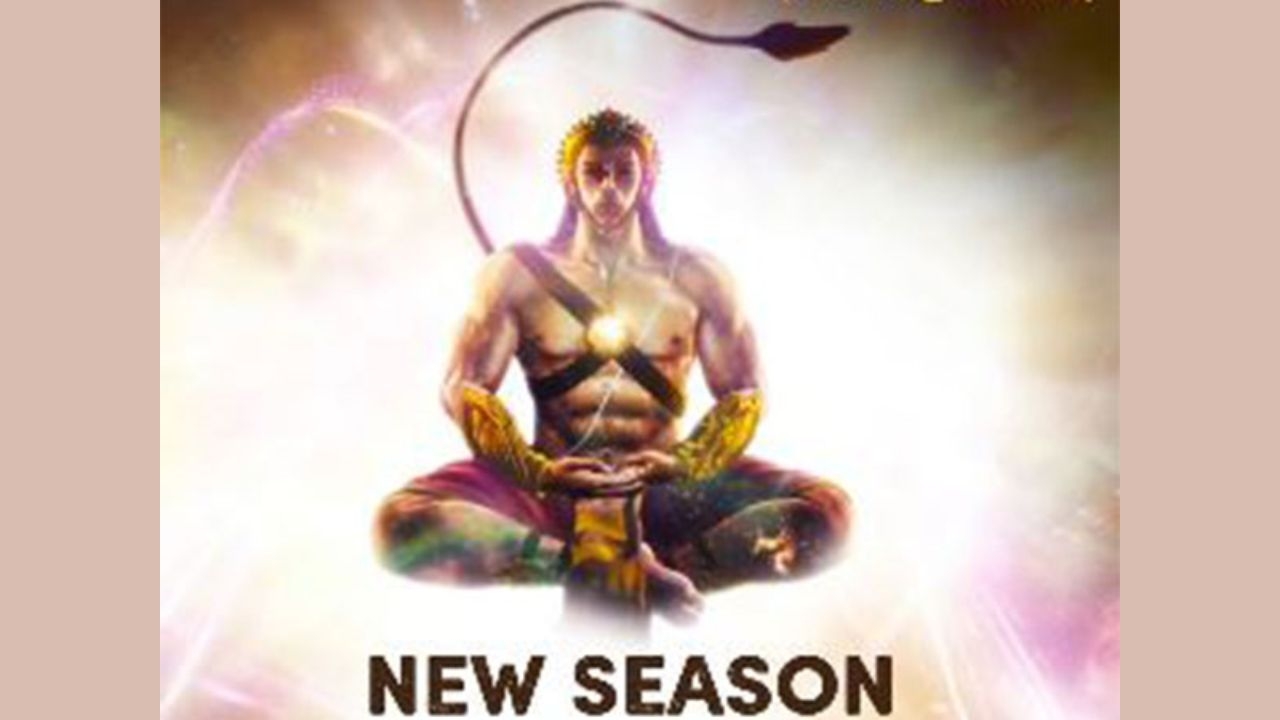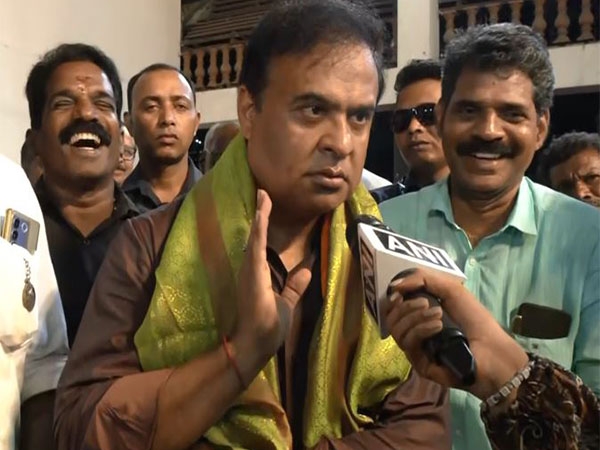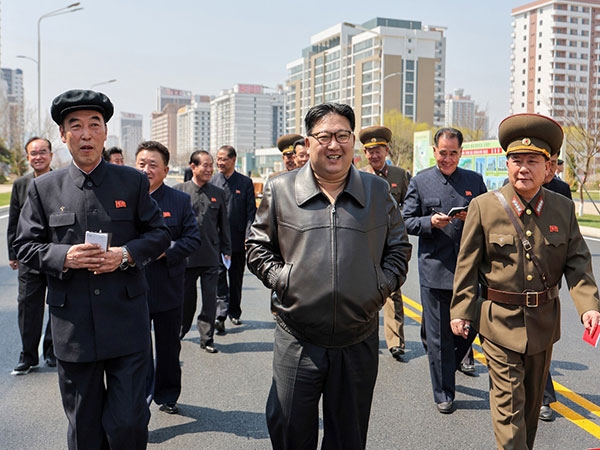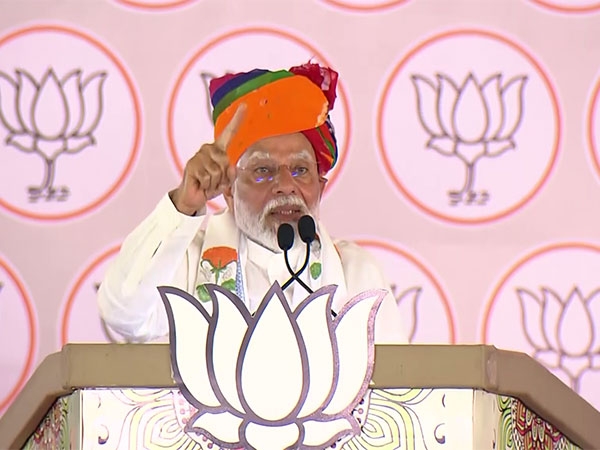Why BJP cadres are still waiting for their Achhe Din
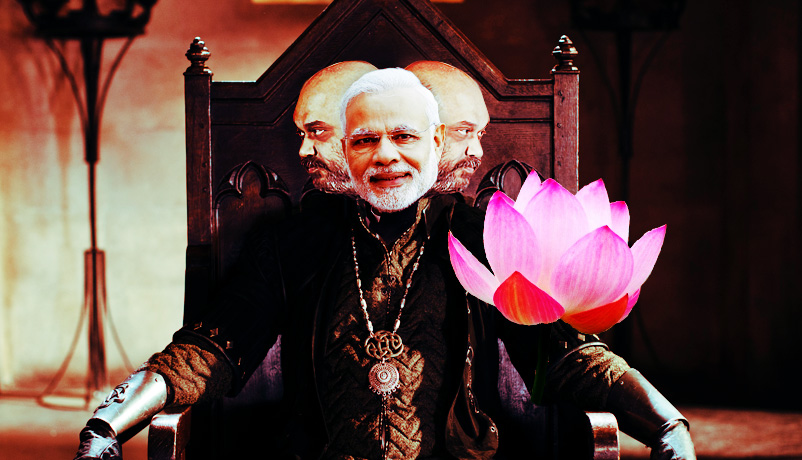
The organisation
- Narendra Modi\'s victory in 2014 is the BJP\'s biggest triumph ever.
- But this success has had its side effects: the BJP is becoming increasingly personality driven.
- Modi and BJP president Amit Shah call the shots.
- Shah has appointed his loyalists to key positions.
The woes
- BJP is losing focus of its ideology.
- There is some discontent among the party\'s rank and file as well as the RSS at the BJP\'s way of functioning.
- Leaders like Ram Madhav insist there is no crisis in the party and that the organisation is becoming stronger under Modi and Shah.
Narendra Modi's spectacular victory in the 2014 Lok Sabha elections was undoubtedly one of the biggest moments in the BJP's history. Never had the BJP or its earlier avatar, the Jana Sangh, won a majority on its own at the national level.
In the months that followed, the BJP won important state elections and, under Amit Shah's leadership, appeared to be expanding outside its core areas of influence. But has the BJP lost its way somewhere? Has Modi's victory brought Achhe Din for the party or has it taken it out of one crisis and thrown it into another?
Some voices in the BJP complain that the government is growing at the cost of the party and its ideology.
"The BJP claims to be the party with a difference. It has a coherent ideology. It is not like the Congress or any regional party. They claim that they are dhyeynishtha (ideology-driven) and not vyaktinishtha (personality-driven). It looks the other way around now," says an RSS ideologue.
The party organisation
This lack of coherence is evident in the lists of office bearers the party announced on last Friday and Saturday.
Even though the party and the RSS are trying to reach out to Dalits, the community has only one representative in the list of office bearers: Virendra Khateek, a sitting member of parliament who comes from Madhya Pradesh. He is one of the five co-in-charges for Uttar Pradesh, working under the state in-charge OP Mathur. There are hardly any tribal faces among the office bearers.
The party also seems to have gone against its own constitution. The proportion of women among the office bearers is nowhere close to the ideal of 1/3rd reservation for women provided in the BJP constitution. Women are woefully underrepresented in the national executive, parliamentary board and among state in-charges.
"Many of the people who have been appointed are Delhi-based functionaries who spend their time cultivating the party leadership. They have managed to get into Amit Shah's good books," says a party leader on the condition of anonymity.
On being asked what is wrong if the party president appoints people of his choice, the leader replies, "What message are you sending to your workers when you ignore their commitment, work and performance? There is no transparency in the selection. This is wrong and very discouraging".
Another senior leader says, "The party is becoming like Indira Gandhi's Congress of late 1960s and early 1970s. Decisions are based on personal whim."
The leader further adds that 'media-made' leaders are becoming the advisers of the leadership. "This sets a very bad example for the rank and file," he laments.
However, not everyone has such a negative view of the state of affairs.
General secretary Ram Madhav, who has emerged as an important cog between the government, party and the RSS, says the BJP will go from strength to strength.
"We have declared this year as organisation year for the party. We have enrolled 11 crore members . Except Delhi, we have won all important elections under Amit Shah's leadership. He is the first president who has gone to all states and held the meetings with district level office bearers. The arguments about the organisation becoming weak are baseless," Madhav told Catch.
"We need to be more politically active - in the sense that we need more agitations and political action in states like Karnataka where we are in the opposition. In states where we are in power, we should go to the people with the work we have done," Madhav adds.
3 leaders from Gujarat: PM Modi, Amit Shah and a Rajya Sabha MP from the state control both the party and govt
The party does seem to have a plan on how to build the capacity of its cadre. "We will never become like the Congress. We are coming up with a plan to create party offices in every district of the country. About Rs 1.5 crore will be spent on each one of them. We will also start libraries with books about the history of the area, the party and the RSS. Training programs will be conducted for our cadre and supporters so that they get a chance to know the party better. This is one thing we should learn from Communist parties," a leader discloses.
The 11 crore membership figure, however, is being taken with a pinch of salt by many, especially given that there was membership through missed-calls also.
"The party had more than 20 lakh members in Delhi before 2015 assembly elections. The total number of votes the party got was 29 lakh. Each member couldn't even get two votes. There are more than 40 lakh members after this missed-call membership drive. However, its hard to say how many of them actually stand with the party", complains a Delhi BJP leader.
The party has started a Mahasampark Abhiyan to connect and reach out to all the members. The idea is to bring 15 lakh cadres to the party. This is a big effort to build the organisation. The first trainers' training workshop was conducted in Delhi this week. Now the 'trained trainers' will conduct training programmes first at the state level and then at the district level.
Across the country, it has been observed that the party's offices have become more associated with the show of power. There is very little space for people to seek redressal of grievances.
Government versus ideology
There is resentment among party workers and elected representatives on how the government and party are functioning.
"The party has an organisational structure but very few people have decision making powers. It's even worst in the government. Things are very centralised, which is not good,"says former BJP general secretary and Sangh ideologue, KN Govindacharya.
Another senior leader adds, "Three faces from one state - Gujarat - PM Modi, Amit Shah and an elected upper house member from the state are controlling the party and the government. He (PM) always works with a small team, preferably bureaucrats. When one starts bypassing ministers and representatives and starts addressing secretaries in the state and central government, the problem increases".
He adds that if the present trend continues, the party will start losing dedicated workers and faces at different levels.
"The party should seriously acknowledge Modi's role. He is the man who has brought the party to power," says Professor Pralay Kanungo, Indian Council for Cultural Relations Chair for the study of contemporary India at Leiden University. He says that being in government brings opportunities to the organisation as well.
Another aspect that is creating unease, particularly among the RSS and its affiliates, is the government's pro-corporate image. The government's land Bill and the recent corruption charges against its ministers have added to it. Many in the RSS find it difficult to keep defending the party.
Ram Madhav agrees that there were some concerns over the land Bill. "They (RSS) had some objections. This stems from the way they look at the issue. However, we have discussed it with them. 90% issues have been sorted," Madhav says.
According to a RSS leader, "The party's second generation has some issues. They don't get along with each other. The party is unable to address it. At the same time, the party is also unable to address the present crisis which has given the Opposition a chance to go on the offensive. The most important thing is to keep the morale of our workers and supporters high. This will happen through sharing and engaging. Engaging not merely about campaigns".
When a little less than four years left for the government, the cadre want to see their dreams come true. This includes many issues that form the core of the BJP's ideology. But the party seems far busier defending itself and justifying its actions. than ushering in Achhe Din.
First published: 6 July 2015, 12:38 IST
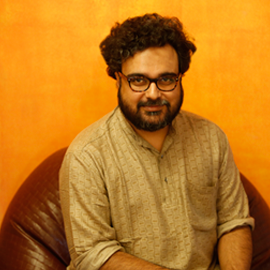
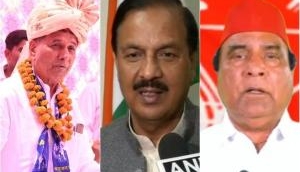
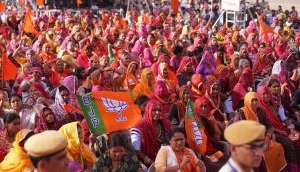

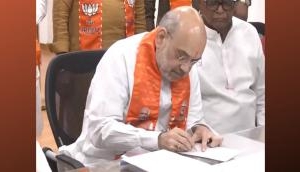
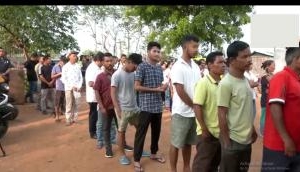
![BJP's Kapil Mishra recreates Shankar Mahadevan’s ‘Breathless’ song to highlight Delhi pollution [WATCH] BJP's Kapil Mishra recreates Shankar Mahadevan’s ‘Breathless’ song to highlight Delhi pollution [WATCH]](http://images.catchnews.com/upload/2022/11/03/kapil-mishra_240884_300x172.png)

![Anupam Kher shares pictures of his toned body on 67th birthday [MUST SEE] Anupam Kher shares pictures of his toned body on 67th birthday [MUST SEE]](http://images.catchnews.com/upload/2022/03/07/Anupam_kher_231145_300x172.jpg)


